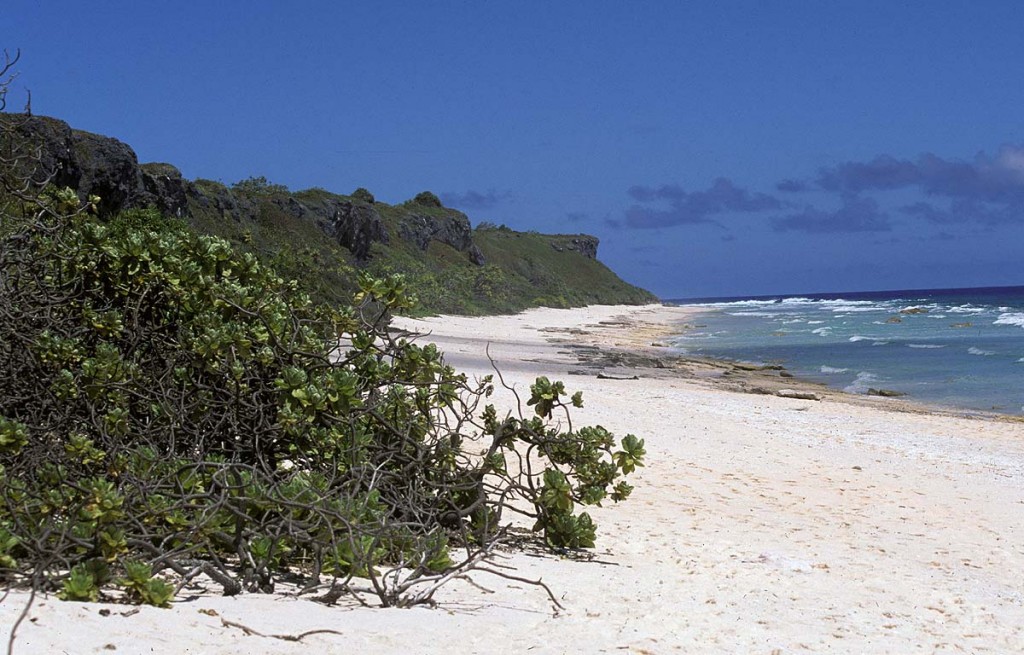
A study published last week in the journal Royal Society Open Science described everyone’s worst nightmare: rats that appeared to be too smart to eat poison put out by exterminators on Henderson Island, a Pacific islet where survivors from the whaleship Essex landed in 1820.
Researchers described a case report in which a project to eradicate invasive rats failed spectacularly. An extermination campaign dropped poisoned bait on the island from a helicopter. Initially, the population decreased to a handful of rats. But after a few months, the rats had fully recovered to an estimated 50,000 to 100,000 individuals. They showed no resistance to the poison, suggesting that the rats had never tried it. The researchers concluded that there was enough food on the island to satisfy the rats so that they didn’t need to take the bait.
The researchers said the rats came to the island about 800 years ago in the canoes of Polynesian sailors. Without any natural predators, the rat population exploded. They gobbled the eggs and chicks of endemic birds like the now-endangered Henderson petrel.
Crew members from the Essex disaster also dined on the seabirds and their eggs when they washed up on the island on December 20, 1820. (First mate Owen Chase wrote that they had landed on Ducie Island, but his description matches Henderson closely.) The crew had drifted hundreds of miles in three whaleboats with almost no food or water since the day when an enormous white whale rammed and sunk the Essex.
Chase described his thoughts upon landing:
“Let the reader judge, if he can, what must have been our feelings now! Bereft of all comfortable hopes of life, for the space of thirty days of terrible suffering; our bodies wasted to mere skeletons, by hunger and thirst, and death itself staring us in the face; to be suddenly and unexpectedly conducted to a rich banquet of food and drink, which subsequently we enjoyed for a few days, to our full satisfaction; and he will have but a faint idea of the happiness that here fell to our lot.”
Their happiness was short-lived, however. They quickly ate through the birds they were able to kill, and they left after a week, hoping for rescue as they drifted toward Chile. Chase didn’t mention if any crew members ate rats. From the recent study, we know they were plentiful–but perhaps they were too smart to get caught.